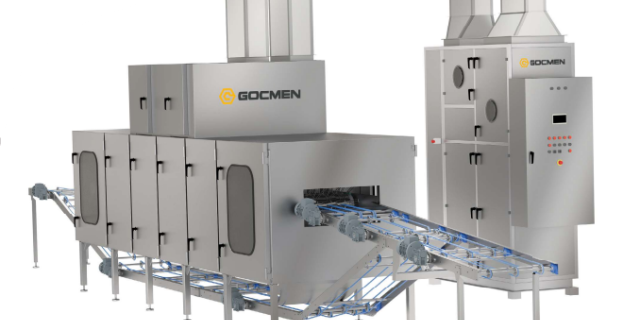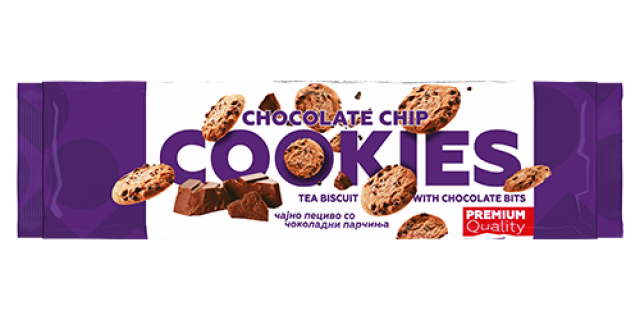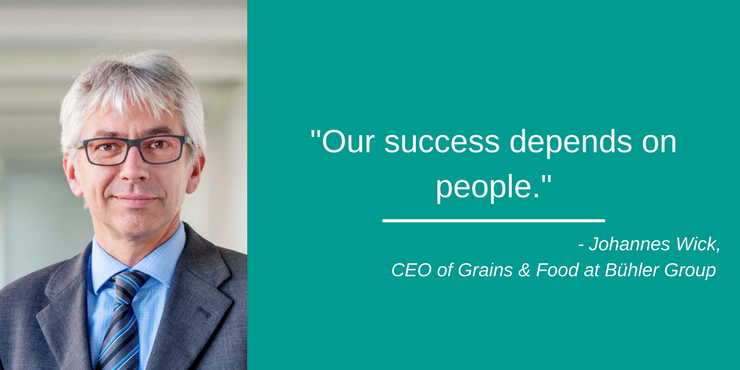
Johannes Wick: "Our success depends on people"
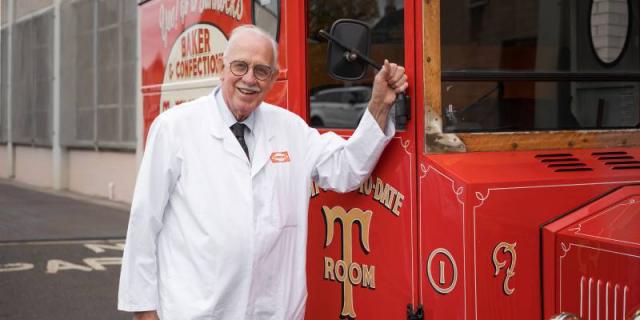
Sir Archibald Boyd Tunnock and his Project Manager Stuart Loudon told us story about Tunnock company and how they, despite the competition, still work...
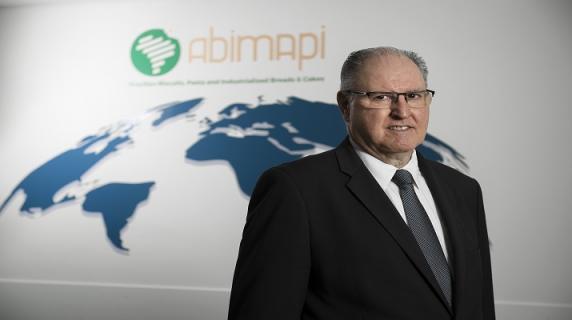
We bring you an interview with Claudio Zanão, CEO of ABIMAPI in which he opens up about ABIMAPI's goals for the future.
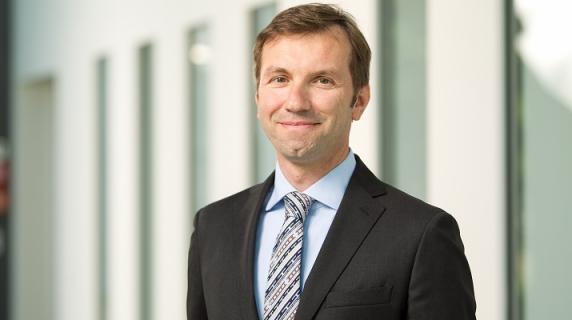
We asked GEA's VP and the Head of Bakery Applications, Marco Gandini, a few questions regarding the industry, their Bakery Experience Center and...

